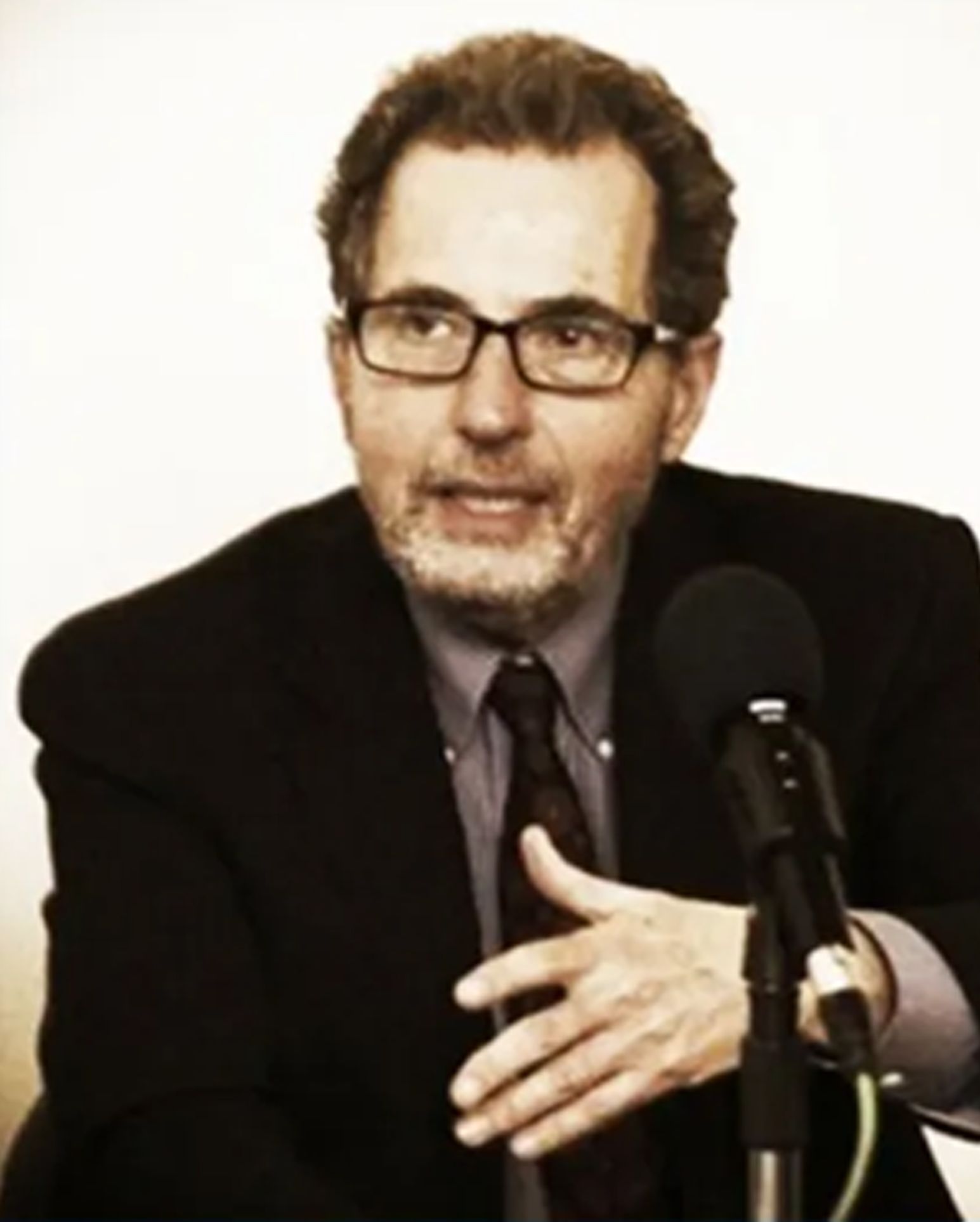Philip Wexler
Founding Director Emeritus
Philip Wexler (1943-2023), the founding executive director of IJSS, was emeritus Professor of Sociology and Unterberg Chair in Jewish Social and Educational History at the Hebrew University of Jerusalem. A graduate of New York University and received his PhD from Princeton University, Wexler was a renowned teacher who devoted his long career to studying the role of education and spiritual practices in the construction of identity. He was especially concerned with counteracting the modern sense of alienation that increasingly erodes self, relationships, and community. Wexler served as Dean of the Margaret Warner Graduate School of Education and Human Development at the University of Rochester, NY (1989-2000), yet, while at the height of a successful career, he was intellectually restless. The modern academy was now so specialized that sociology was at risk of simply repeating old ideas without finding new solutions. Wexler felt compelled to make a mid-career pivot, and start out on a new path. This had much to do with a growing coherence about his own identity as a Jew and a descendent of rabbis, and with his discovery of the socio-mystical teachings of Hasidism. But it was also informed by his deep reading of the founding fathers of sociology, Max Weber and Émile Durkheim, who grounded their study of society in the study of religion. In 2001, Wexler went on leave from the University of Rochester and took up a fellowship at the Shalom Hartman Institute in Jerusalem. Soon afterwards he was appointed Professor of Sociology of Education, and then Unterberg Chair in Jewish Social and Educational History at Hebrew University, also serving as the Director of the School of Education at that same institution (2002-2010). During 2008-2009 he convened a year-long international working group at the Institute of Advanced Studies in Jerusalem. In subsequent years he served as a visiting professor at Brandeis University in the United States, and at the Bergische University of Wuppertal in Germany. One of the preeminent sociologists of his time, Wexler wrote and edited more than fifteen books and dozens of scholarly articles. He also served as a mentor to hundreds of students and colleagues, many of whom went on to forge distinguished scholarly careers of their own.


